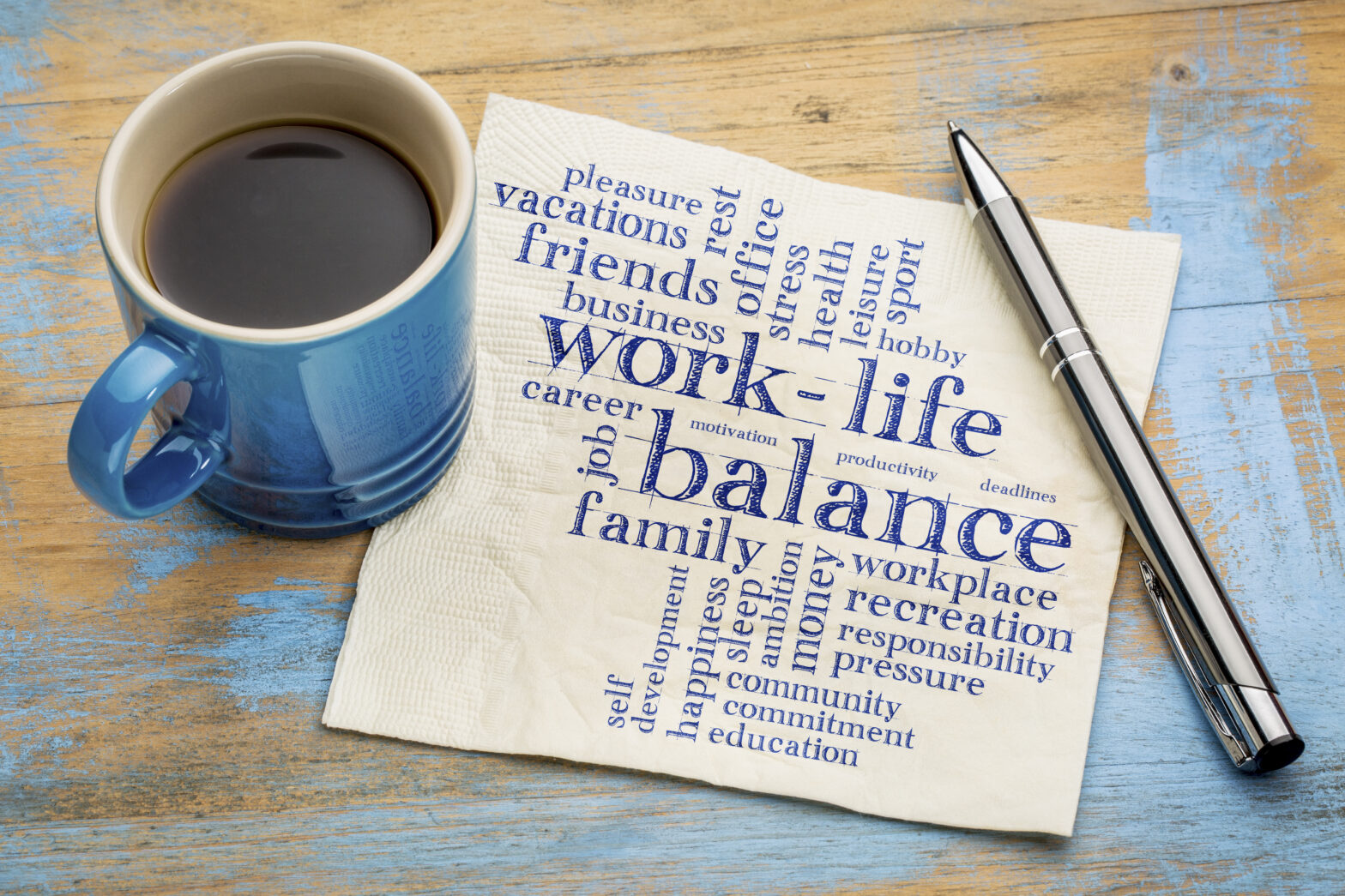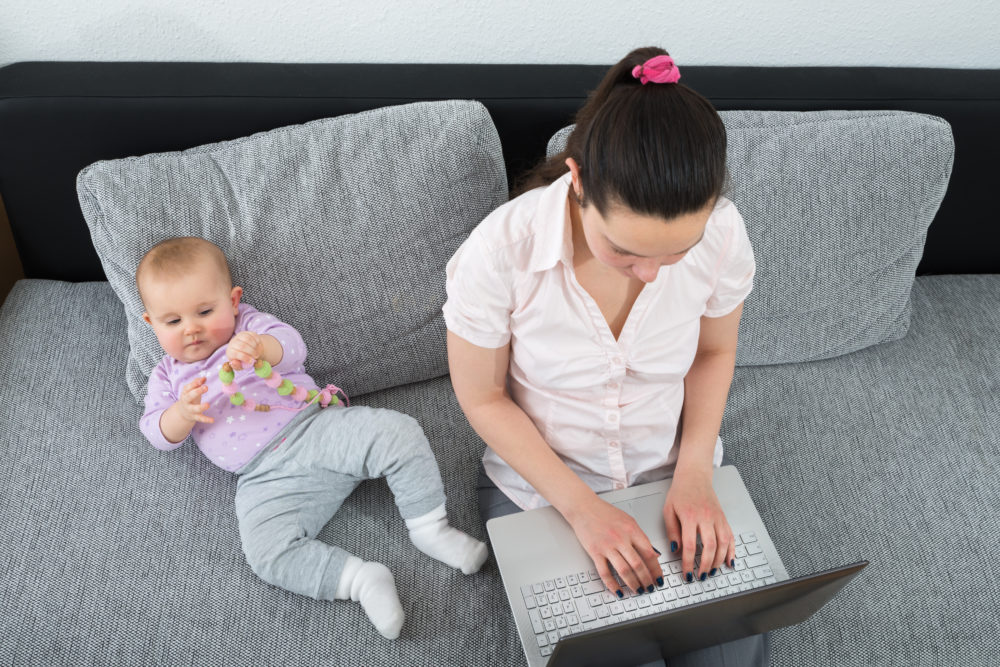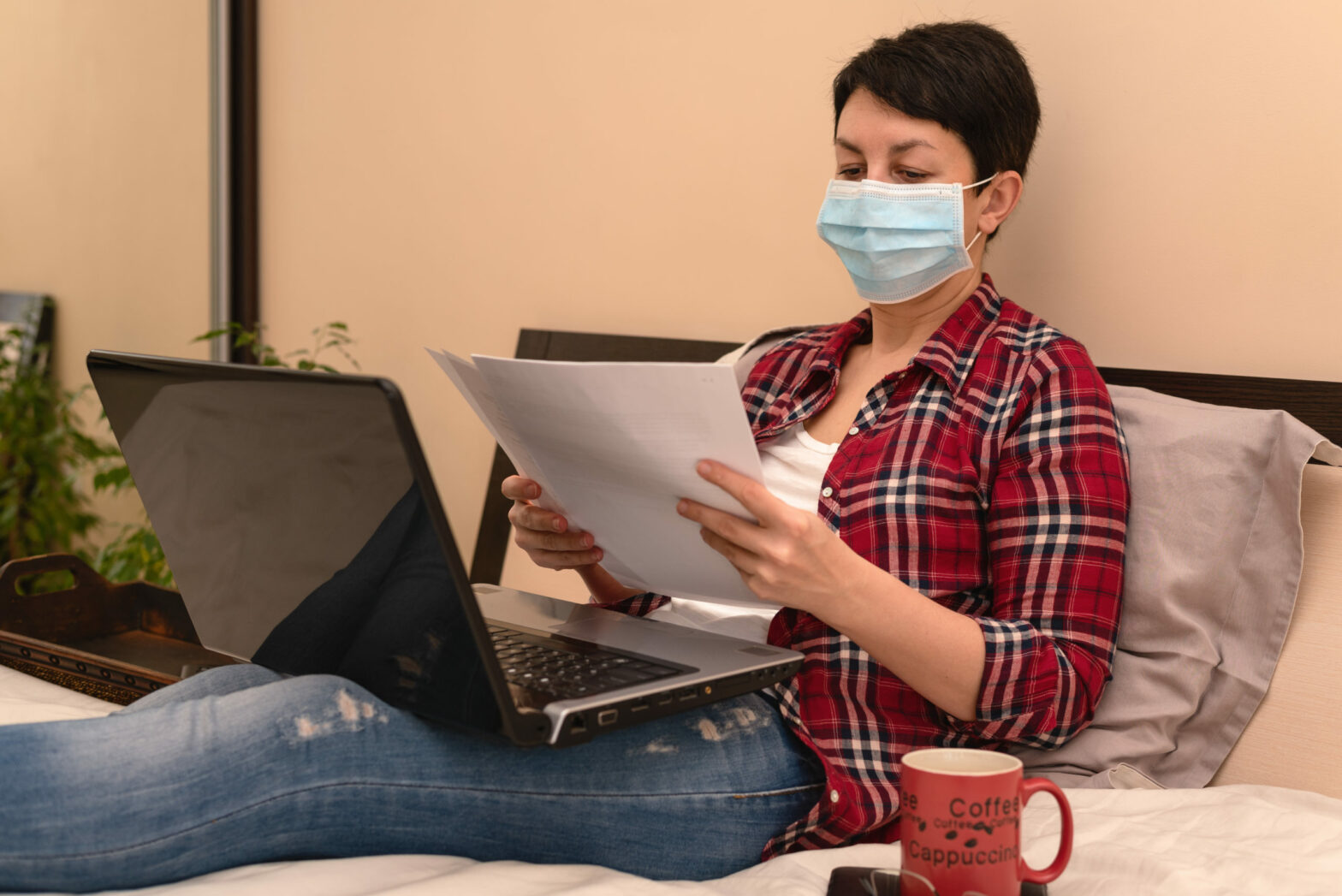More and more self-employed people are realising just how important it is to remain stress free to boost productivity and profit, and in respect of the vital contribution your well-being has on the overall success of the business.
Without intervention, mounting pressure can lead to emotional and even physical health issues.
Most of us have suffered from some form of stress at some point trying to balance home and work life. Learning to identify the symptoms is a good starting point and these tips from SmallBuiness.co.uk and BUPA offer some practical advice.
Recognising stress signals
Signs of stress can be both emotional and physical. Look out for the following:
Emotional symptoms – irritability, feelings of helplessness, wanting to cry, loss of appetite, problems with concentration, difficulty in coping with relationships, using smoking and drinking to cope, lack of motivation.
Physical symptoms – increased susceptibility to colds and infections, palpitations, sleep problems, lower sex drive, skin rashes, headaches, indigestion, back and neck pain.
Positive steps to tackle stress
- Try to deal with any problems that are bothering you as soon as possible, whether it’s an increase in workload that demands more rigorous planning or a difference of opinion with a colleague
- Don’t be afraid of sharing your concerns or speaking to someone who is in a position to help. If you are in a managerial position, make sure that you are available for your staff should they wish to approach you with an issue.
- Prioritise tasks, tackling one thing at a time to give you a better sense of achievement and to avoid overwhelming yourself. Try not to take too much on and learn to delegate when you need to.
- Make time to relax at work – stretch out and breathe deeply to relieve tension in you muscles. Take regular breaks, particularly if you work at a computer, and don’t be too hard on yourself, we all have our limits.
- Try to improve your social life or take up a hobby to help you forget the worries of the day.
- Be more active in your spare time to help your state of mind as well as your body. Exercise can trigger mood-enhancing chemicals and may have beneficial effects.
- Don‘t head straight for the coffee, cigarettes or alcohol. They might seem like a quick fix when you’re feeling stressed but could make things worse in the long run.
See also: Tips on how to achieve work-life balance – Laura Little, learning and development manager at CABA, gives her top tips on how to successfully achieve work-life balance.





